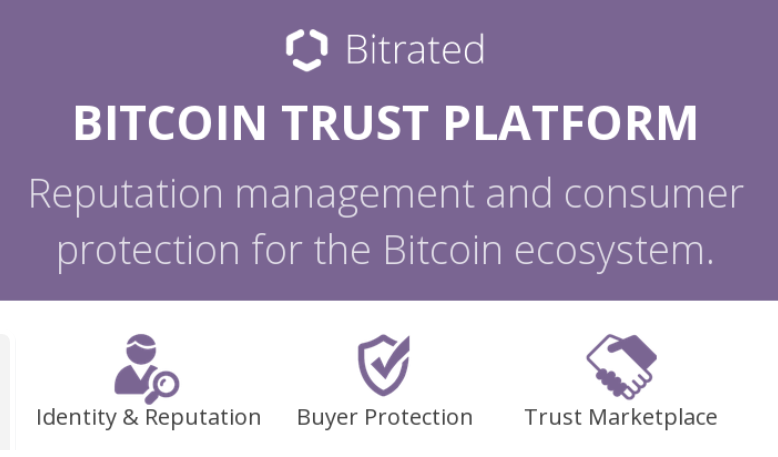The writer is a senior analyst at Lloyd’s List Intelligence
The effectiveness of the G7 price cap on Russian oil stumbled at the first hurdle when prices rallied from July. That is because the principle of keeping oil flowing while limiting revenue to the Kremlin is flawed as the cap is currently enforced.
The cap’s design was always compromised. The evidence so far shows it “works” only when prices are at, or below, the levels set by Europe and the G7. Now those thresholds have been breached for every grade of crude, the cap’s shortcomings have been exposed by the export by Russia of refined products and evasive shipping practices in the absence of enforcement and oversight.
More Russian oil than ever before is being transported on sanctions-circumventing tankers that exploit loopholes in international maritime regulations.
The great majority of tankers sailing from key Russian ports since August did not have any known insurance, an indicator that they do not comply with the cap. That compared with one in every three ships when oil prices remained under the cap threshold of $60/bbl for crude and $100/bbl for gasoline and diesel. Yet governments still have levers to pull to make the best of a faltering experiment.
First, they need to identify the owners behind the so-called dark fleet of elderly tankers used by Russia and an opaque network of oil traders to ship oil, and determine where these profits are directed.
Over September, our analysis indicates some 120 non-cap compliant dark fleet tankers — without known insurance — were among about 300 ships tracked loading oil from eight Russian export ports. They were supported by Russia’s national fleet — also outside the cap’s scope — as well as a further 80 Greek-owned tankers considered to fall under the jurisdiction of the cap.
Regulators have yet to determine how the Greek-owned vessels can be insured (and flagged in some cases) in the US, UK or the EU given they largely deliver Urals crude — the main grade from Russia — which is currently priced on average about 30 per cent higher than the cap.
It’s likely that the headline price for crude shipped by them stayed at $60 a barrel cap but freight rates were inflated to bridge the gap to the current market price. Authorities could impose a second cap that incorporates a delivered cost, including freight rates, to shut down this practice.
This would be implemented alongside closer scrutiny of the attestations provided by oil traders and suppliers in Russia to western shipowners and their marine insurers that serve as “proof” they are complying with sanctions. The anecdotal maritime industry feedback is that these attestations are largely not worth the paper they are written on.
Classification societies that issue quality assurance certificates to indicate a ship’s compliance with regulations and safety standards are exempted from the cap, but this could be removed to ratchet up pressure. The world’s largest classification societies are all based in the UK, France, Germany, Norway and Italy and provide services to about 70 per cent of the dark fleet that are breaching sanctions.
Tankers newly deployed in Russian trading were bought by anonymous owners, at times from western companies. Panama, the Cook Islands, Marshall Islands and Palau are among the jurisdictions not only flagging tankers but letting the anonymous owners who benefit from the trade hide behind single-ship shelf companies with brass plate addresses.
Nearly 40 per cent of some 535 dark fleet tankers have registered ownership via shelf companies incorporated in the Marshall Islands. Many of the registries of these countries have offices or representatives in Europe, the UK and US. The G7 needs to send a message that it means business by putting the people and companies behind the registries under greater scrutiny. It should insist on evidence of due diligence and the disclosure of names and entities involved in these recent sales.
Finally, insurance syndicates in London that provide hull and cargo cover to the global fleet aren’t doing enough to identify whether any of the vessels they cover are involved in Russian trades. Their reliance on the principles of “utmost good faith” that underpin their business shouldn’t be used to avoid asking the hard questions about who the beneficial owners of the vessels they insure are, and whether they are carrying Russian oil.
Regulators can insist reinsurers and brokers ask and note vessel ownership, and penalise those who provide tacit support to breaches by failing to ask the right questions. To deal with the dark fleet, the enforcement of the price cap needs more teeth.
Interested in markets news? Join our WhatsApp Channel to get daily updates straight to your phone


